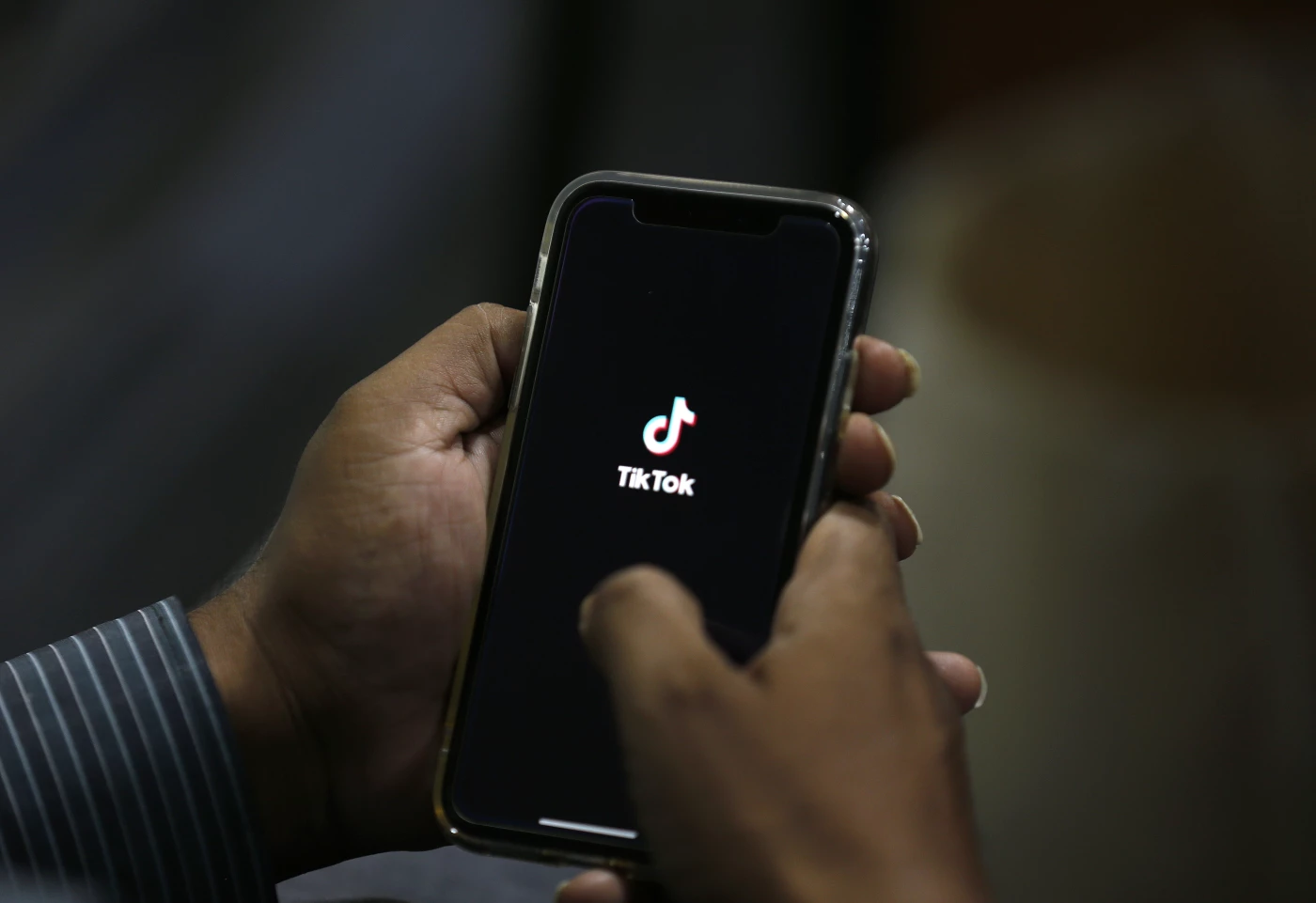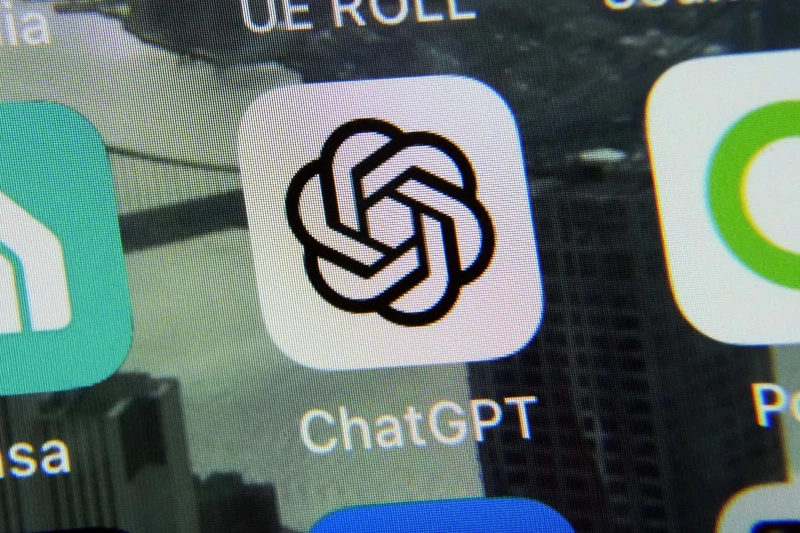ERBIL, Kurdistan Region of Iraq - As the social media giant TikTok comes under heavy US pressure to divest itself from Chinese ownership, the assortment of prospective buyers has raised public concerns over their links to the Israeli government, fostering fears of undue Israeli influence on the publication of content relating to the Israeli-Palestinian conflict.
TikTok, with its 1.9 billion users and its algorithm largely outside the control of Washington or Tel Aviv, has emerged as a frontline platform documenting the devastation in Gaza. Indeed, Jonathan Greenblatt, CEO of the Anti‑Defamation League, warned last year: “TikTok, if you will, is the 24/7 news channel of so many of our young people, and it’s like Al‑Jazeera on steroids. It’s amplifying and intensifying the antisemitism and the anti‑Zionism with no repercussions.”
That threat was acknowledged openly by Israeli Prime Minister Benjamin Netanyahu, who told a select group of pro‑Israel American influencers at the Israeli Consulate in New York after his UN General Assembly speech in September: “We have to fight with the weapons that apply to the battlefields in which we’re engaged. And the most important ones are on social media. And the most important purchase that is going on right now is TikTok. Number one. Number one.”
On September 23, US President Donald Trump signed an executive order moving forward a proposed restructuring of TikTok’s US arm. The deal, still pending final approvals, would cut Chinese ownership to about 20 percent and place management in the hands of a tight circle of Trump‑aligned investors.
In a September 25 executive order, the White House outlined a deal built around investors with close ties to President Trump, raising fresh questions about influence and access. A White House official said on September 22 that TikTok’s algorithm would be “continuously monitored” to ensure it is “not being unduly influenced.”
Among the prospective investors is Oracle co-founder Larry Ellison—a longtime Trump ally and the world’s second-richest man—who has been singled out by the US President as a central player in the arrangement. For years, Ellison has stood out as one of Silicon Valley’s few high-profile Republicans in an industry largely defined by liberal politics.
The Oracle CEO is also well renowned for his long‑standing ties to Israel. Ellison has made major gifts to Friends of the IDF (FIDF), including $16.6 million in 2017—the largest single gift in the organization’s history—and an earlier $10 million donation in 2014.
At the 2017 gala, he said: “For 2,000 years, we were a stateless people, but now we have a country we can call our own. Through all of the perilous times since Israel’s founding, we have called on the brave men and women of the IDF to defend our home. In my mind, there is no greater honor than supporting some of the bravest people in the world, and I thank FIDF for allowing us to celebrate and support these soldiers year after year. We should do all we can to show these heroic soldiers that they are not alone.”
Ellison has also consistently directed Oracle resources toward Israel, where the company maintains one of its largest global R&D hubs. Oracle’s management is considered especially pro‑Israel, and its leaders have been outspoken about expanding operations there. In 2021, Oracle CEO Safra Catz—born in Israel and raised in the US—told Globes that, unlike competitors Google or Amazon, “an employee who is not satisfied with the company's cooperation with Israel has no place in the company.” Oracle also maintains a secure cloud region and data center in Jerusalem, launched in 2021 as part of its global network.
Fueling further skepticism, Ellison’s Oracle already oversees TikTok’s US data servers under a prior arrangement aimed at addressing national security concerns. Additionally, Paramount, owned by Ellison’s son, is set to release a series on October 7, while HBO Max—reportedly also in Ellison’s acquisition interests—plans similar programming.
The proposed investor group also includes 94-year-old Rupert Murdoch with his son Lachlan—who controls Fox News—and Michael Dell, Silver Lake Management, and Andreessen Horowitz.
The battle for narrative control
Since the outset of its genocide in Gaza, Israel has waged a parallel battle online, using its decades‑old Hasbara program to shape public perception, discredit Palestinian voices, and maintain international legitimacy. That legitimacy, however, has eroded dramatically since October 7, as mass protests have swept global capitals—even in Western nations historically aligned with Israel.
Records filed under the US Foreign Agents Registration Act show Israel’s government earmarked $900,000 to pay influencers from mid-June through November. The Israeli Foreign Ministry is funding the effort through Havas Media Group in Germany, which transfers the money to Washington-based Bridge Partners LLC, the firm managing the influencer program.
In filings, Bridge Partners said the work aims to “promote cultural interchange between the United States and Israel.” The documents also state the firm will recruit 14 to 18 influencers to publish 25 to 30 pro-Israel posts per month across social media platforms such as Instagram, TikTok, X, YouTube, and Threads. Each post can potentially earn as much as $6,000, with some garnering upwards of $7,000. The initiative is called the ‘Esther Project,’ a name similar to the right-wing Heritage Foundation’s Project Esther, which told Responsible Statecraft that there was "no connection" between the two.
During his trip to the UN General Assembly, Prime Minister Benjamin Netanyahu met with a group of influencers in New York City and told them that the way to address declining support for Israel was by using influencers on social media. He said it complemented an Israeli media strategy that saw the country’s Ministry of Foreign Affairs enter a $1.5m contract with President Donald Trump’s former campaign manager Brad Parscale to provide “strategic communications” to combat antisemitism in the US. The Israeli government has faced scrutiny at home for failing to win the information war.
Public support for Israel continues to erode, polling shows. A survey released on October 3 found that 65 percent of Democratic respondents favor sanctions on Israel, 72 percent say Israel is committing genocide in Gaza, and 75 percent oppose renewing the US memorandum of understanding that provides annual weapons funding. Another 62 percent back barring Israeli officials and soldiers from entering the United States.
The results of such waning international sympathy are stark. For Netanyahu and his allies, the battle is not only about military power but about shaping the story—and in the narrative realm, Israel’s once‑secure position appears increasingly fragile.
Washington's efforts to shutter Chinese involvement
Chinese ownership of TikTok has long been a bugbear of the Trump administration, with the president repeatedly moving to ban the application unless its ownership changes hands.
Trump claimed Chinese President Xi Jinping signaled approval, telling reporters, “I have great respect for President Xi, and I very much appreciate that he approved the deal, because to get it done properly, we really needed the support of China.”
Beijing’s Foreign Ministry, for its part, urged the US on September 26 to provide an “open, fair, and non‑discriminatory” environment for Chinese firms.
Any sale of TikTok’s US operations would require ByteDance, its Chinese parent, to divest—an outcome that needs approval from Beijing. China has been reluctant to let a national tech champion be pushed out of its biggest market amid an escalating trade clash with an increasingly protectionist Trump.
Despite the Trump administration’s claims that China has agreed to a sale, Beijing has offered no confirmation. TikTok and ByteDance did not respond to requests for comment.
“This deal is still very confusing in terms of what is exactly going on,” Andrew Selepak, a media professor at the University of Florida, told AFP.
At a White House event on 25 September, Vice President JD Vance put the deal’s value at $14 billion—far below expectations given Twitter’s $44 billion sale price and TikTok’s outsized reach among young Americans.
Bloomberg, citing unnamed sources, reported that ByteDance would preserve substantial value through a costly licensing arrangement, potentially collecting roughly half of the new company’s profits while retaining only a 20 percent stake under Trump’s plan. Those terms are likely to draw scrutiny on Capitol Hill, where lawmakers will question whether the agreement satisfies the divest-or-ban law that was slated to take effect in January but has faced repeated delays since Trump took office.



 Facebook
Facebook
 LinkedIn
LinkedIn
 Telegram
Telegram
 X
X


